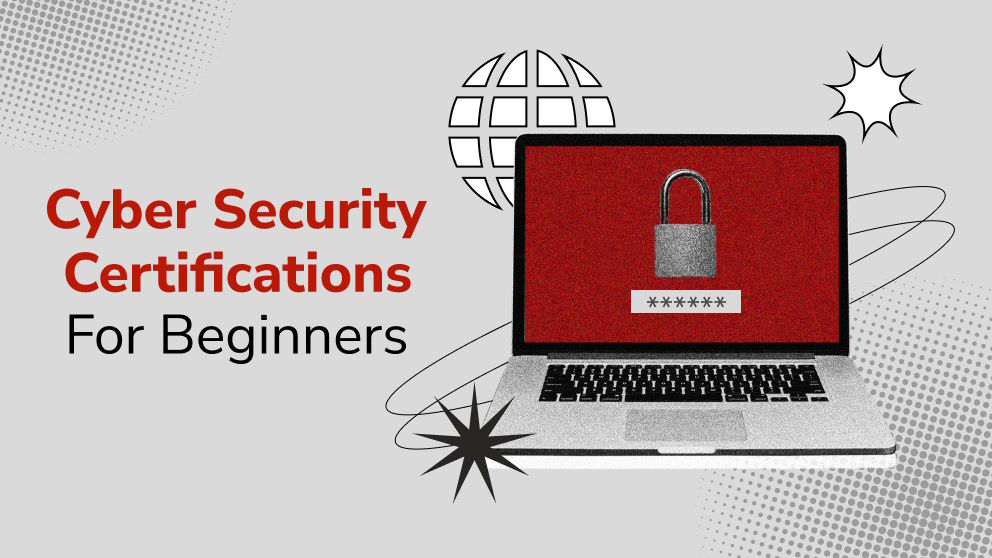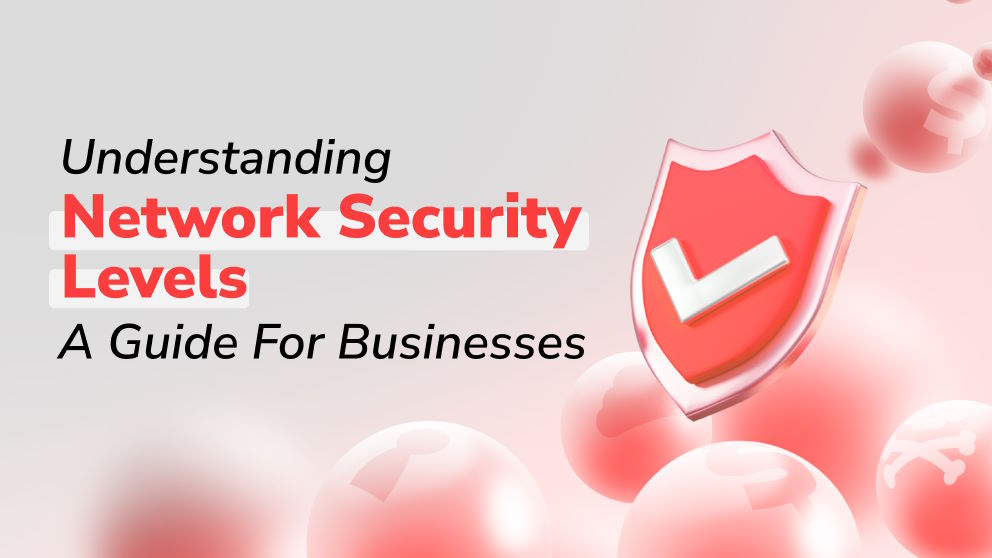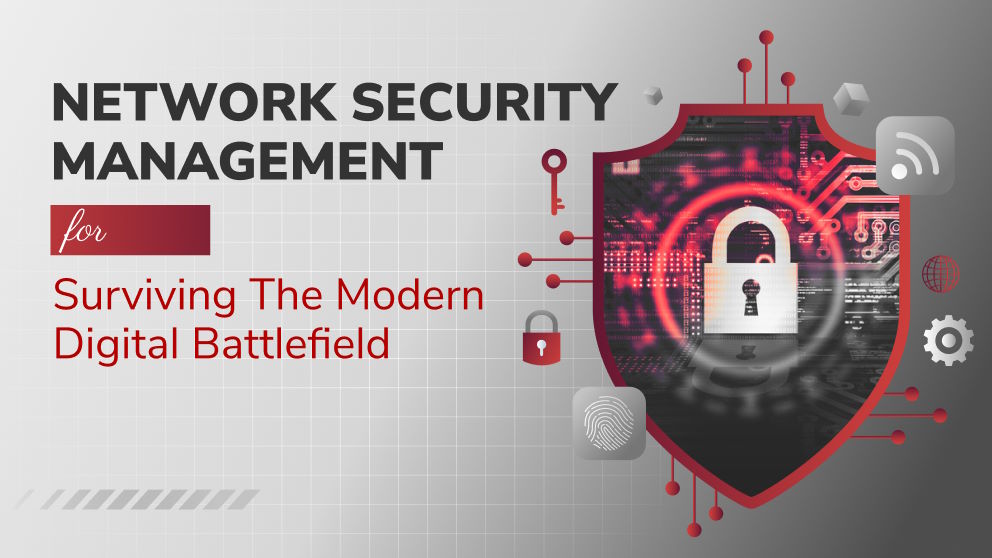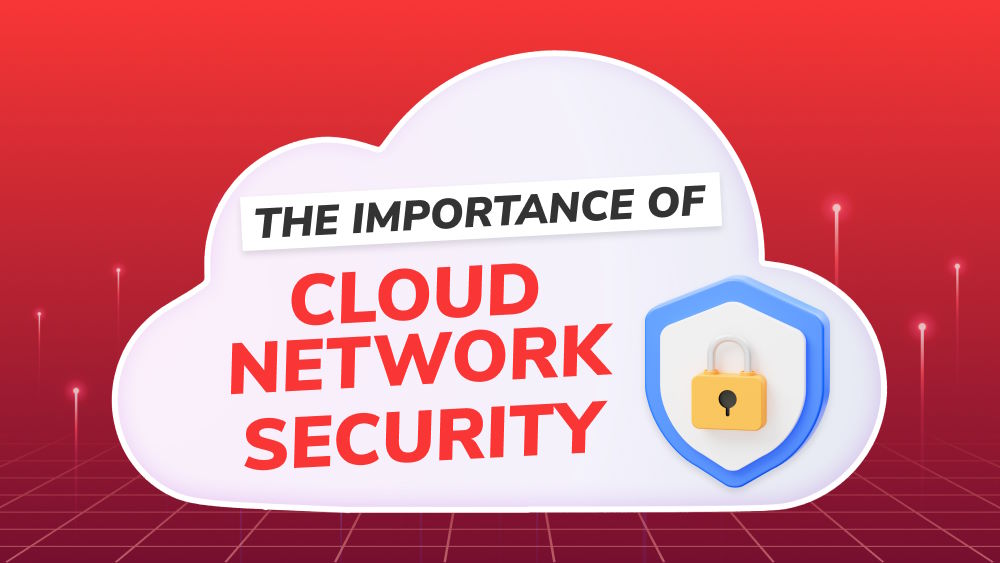Should or Should Not Outsource a Cyber Security Team?
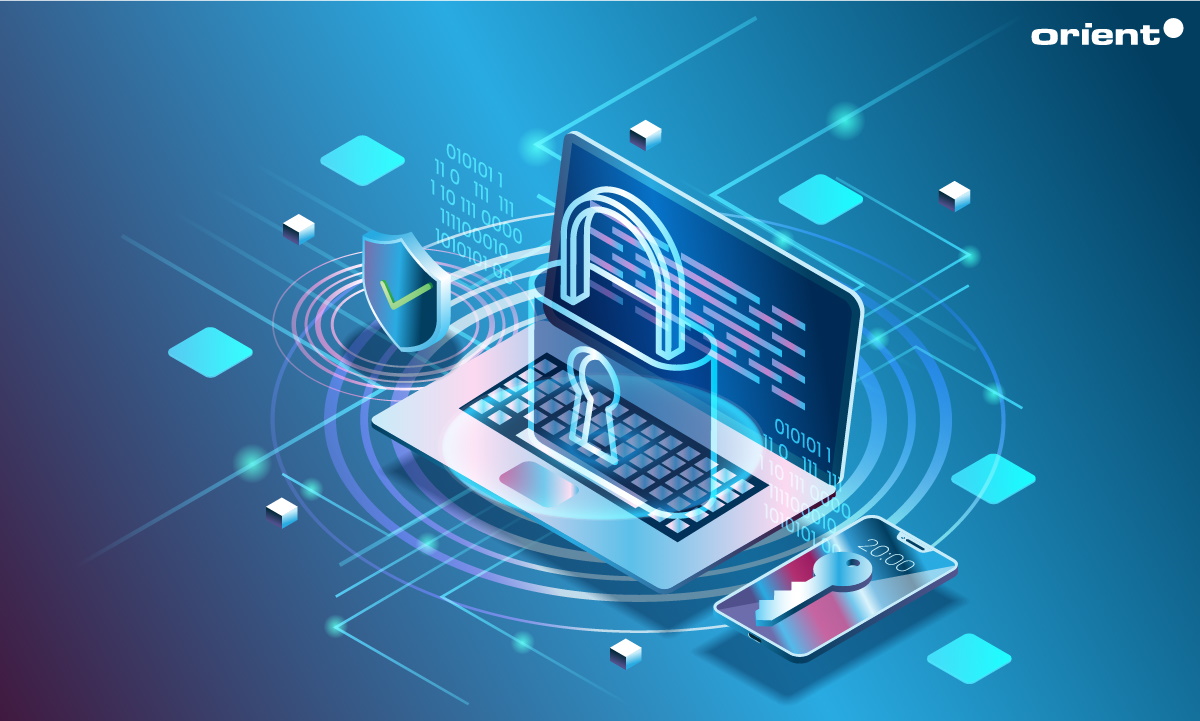
Content Map
More chaptersAs the Covid-19 pandemic has shaken the business world really hard and completely changed the way we do business, many organizations from different parts of the globe have been embracing custom software development and IT outsourcing services as a way out, and they were right as the outsourcing models offer them a wide range of benefits that they are otherwise unable to acquire.
Cyber security is the biggest concern of business owners nowadays as we all are living in an interconnected world where our personal and professional life is dominated by technologies and the Internet. Unfortunately, not every organization can afford cyber security systems or a full-fledged Security Operations Center (SOC) of its own. Therefore, contracting out a cyber security team is no new solution, yet an effective one to strengthen an organization’s security posture while not burdening the internal operations and budgets. If you still doubt that, this article is going to tell you about the structure, roles, and responsibilities of a typical cyber-security team, as well as give you the answer for whether or not you should outsource to a service provider for cybersecurity threat prevention. Let’s waste no more time and jump right to the point.
Responsibilities of Cyber Security Professionals
Principally, cyber security professionals are accountable for safeguarding the IT infrastructure, ranging from computers, networks, systems, and programs to sensitive data, from unauthorized access, loss, digital theft, or improper use. More specifically, their job is to identify vulnerabilities within the systems and implement the proper security measures to protect against attacks. Not only threat hunting, but cybersecurity staff also keep track of the activities on the networks, detect and analyze the security events when they occur as well as make a timely incident response before they cause any harm. Additionally, the goal of a cyber security team is not only to protect the organization’s data against malicious attacks from the outside but also against internal threats as well.
Whether we like it or not, cyber threats pop up all the time. And they will undoubtedly become more sophisticated over time as a result of technological advancement. Plus, cybercriminals and hackers are creative by nature, and they will not sit still to get outsmarted. Hence, so do the cyber security professionals. They must continuously brush up their knowledge of cyber threats and skills as well as update themselves with the latest tactics hackers come up with and may use against them.
Unfortunately, the cyber threat landscape is altering so fast that a lot of organizations find it challenging and costly to keep their cyber security teams adaptable. That explains why a majority of companies join the wave of IT outsourcing to get themselves a capable hand to cope with cyber security issues.
Cybersecurity Team Structure: What Positions Must Be Included?
Whether you are building an in-house cybersecurity team or outsourcing one, it is crucial to know what cybersecurity roles to be employed. In fact, there are multiple types of teams all working toward the cyber security matters of an organization, including the red team, green team, yellow team, blue team, and purple team, and each does its job differently. Red and blue teams are usually in-house, whereas the green, yellow, and purple teams can be both in-house or outsourced. But a typical security team is definitely composed of the following positions:
Security Incident Manager
The person in charge of this role will be responsible for overseeing the incident response in real-time. When a security issue occurs, the security incident manager will cooperate with other departments within the organization to resolve the problems and return the business back to normal operations as fast as possible. Also, the incident managers are the ones who have to report security issues to the board or senior management. Moreover, they have the responsibility of regular cyber security awareness training for employees.
Penetration Tester
Also known as a white hat or ethical hacker, a penetration tester is a specialist who is tasked with detecting possible system security loopholes by trying to break into the networks, systems, or applications. The findings will help the organization identify and fix the vulnerabilities before they get exploited by cybercriminals. Normally, penetration testing is conducted periodically to ensure the cybersecurity defense performs flawlessly. A penetration tester is not a full-time team member, so independent ethical hackers are usually hired on a consultancy basis.
Threat Intelligence Analyst
A threat intelligence analyst is responsible for collecting and analyzing data that can be used to identify current as well as future threats to the organization. They use a combination of technology tools and human analysis to detect potential risks and vulnerabilities. Based on their findings, they will then provide recommendations on how best to deal with those threats.
Cyber Risk and Compliance Specialist
The duty of these security roles is to guarantee the organization adheres to all the regulatory requirements, relevant laws, and industry best practices in terms of cybersecurity. These security experts are also in charge of risk management.
Cyber Security Strategist
As the name implies, a cybersecurity strategist is in charge of developing long-term plans and objectives for the team, as well as ensuring the continuous improvement of cybersecurity posture. Moreover, they also play the role of a consultant who provides expert recommendations on how to mitigate risks and enhance the organization’s current security posture.
Why Should You Outsource Cyber Security Operations?
Cybersecurity is no more a luxury but a necessity for any organization to operate normally. However, most organizations do not find it reassuring to entrust the cyber security needs to an intermediary company. Unfortunately, the everlasting battle against security breaches and cyber-attacks is getting more and more fierce, and sadly, some organizations, especially SMBs, do not have a proper cybersecurity system in place or enough resources to keep fueling the race with cybercriminals. As no business owners want their companies to go down due to cyber security issues and hackers, they consider asking for the helping hands of an external agency that excels in protection services. Instead of struggling with the cybersecurity problems on their own, they decide to take one jump ahead of the cybercriminals by outsourcing for a wide range of advantages:
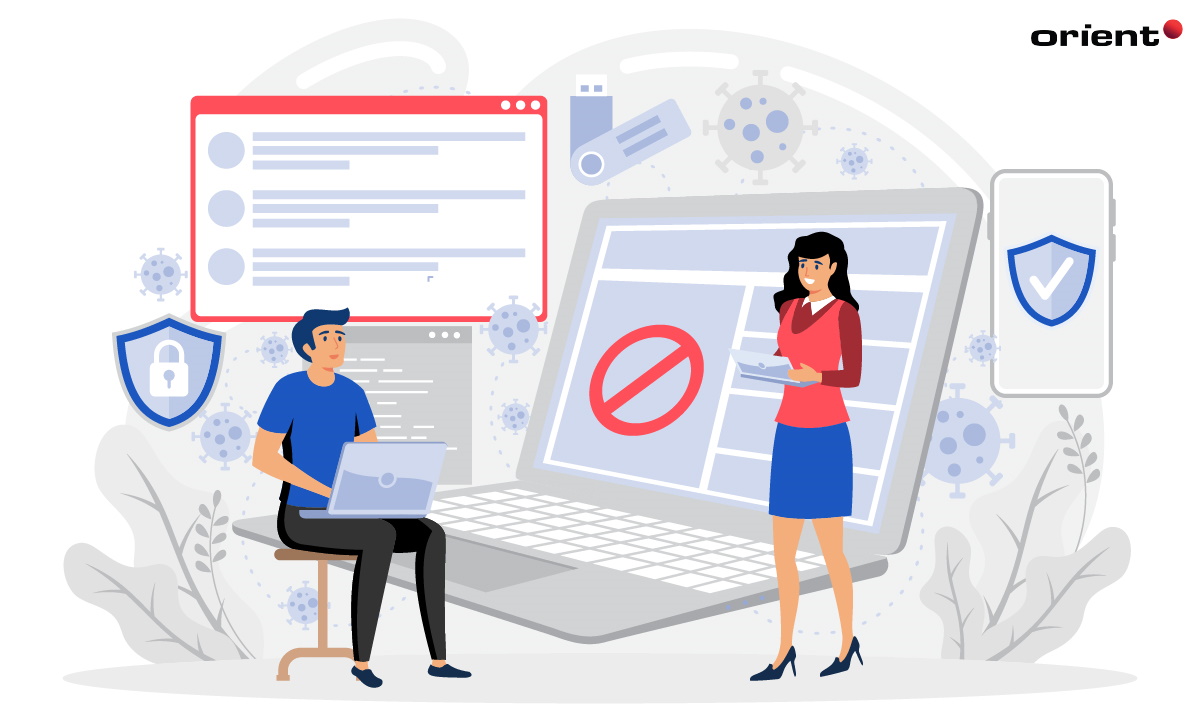
Get a Cybersecurity Focused Team of Experts
One of the best things about outsourcing a dedicated team is that you can hand-pick certified experts for your teams, and more importantly, they are not limited to your region. Outsourcing opens up the path to global tech talent, so the shortage of experts within the local area is no longer a big deal to you. You will be able to assemble a full-fledged cybersecurity team of your own much easier with a little aid from an external service company.
Moreover, you can shift the focus from cyber threats and security-related issues to your core business goals and objectives while knowing that your data is in safe hands.
Safer But Cheaper
As you have an expert team working around the clock and responding to threats in real time, you can improve security posture and prevent costly downtime and data breaches. Of course, the primary objective of outsourcing cybersecurity operations is to secure your organization from cyber-attacks, but businesses can take this approach as a secure way to cut costs while still getting the jobs done by capable hands. Merely this is because the cost of hiring a cybersecurity team from a service provider is, although variable, significantly lower than bearing an in-house team of full positions.
One more reason that makes outsourcing cybersecurity cheaper is that you only pay for the services you use. There will be constant needs for training and continuous learning about the latest cyber threats as well as new solutions for them. And undoubtedly, it may cost you much time, effort, and money to keep your in-house team up-to-date with such a fluctuating landscape like cybersecurity. Meanwhile, the service vendors will cover everything so that you only need to rest assured with a capable team to work on your organization’s cyber defense.
Better Security Standards and Regulatory Compliance
As you outsource your cybersecurity function, you also get the chance to elevate the organization’s compliance posture. The service providers will help you establish and document comprehensive policies and procedures in order to make sure that your business meets all relevant statutory and regulatory requirements from PCI DSS, GDPR, etc. Moreover, as these policies and procedures are being continuously updated and revised to reflect changes in technologies, processes as well as compliance regulations, you can enjoy a piece of mind knowing that your business is always compliant with the latest rules and regulations.
In brief, the decision to outsource cybersecurity needs or not is up to you, and it varies case by case. However, if you would like to reap the benefits mentioned above while still securing your organization’s data and system from cyber-attacks, then outsourcing is a great choice. Are you looking for a reliable IT partner to companion you in cyber security software development? Look no further; you got Orient Software. We are an IT outsourcing powerhouse that boasts rich expertise and experience in delivering IT outsourcing services, ranging from software outsourcing to dedicated teams and IT staff augmentation. We nurture a pool of tech talent and experts ready to cover your skill gaps and form a solid development team for your project. Partnering with Orient Software, your project is unquestionably in competent hands. Do not hesitate to contact us today!


